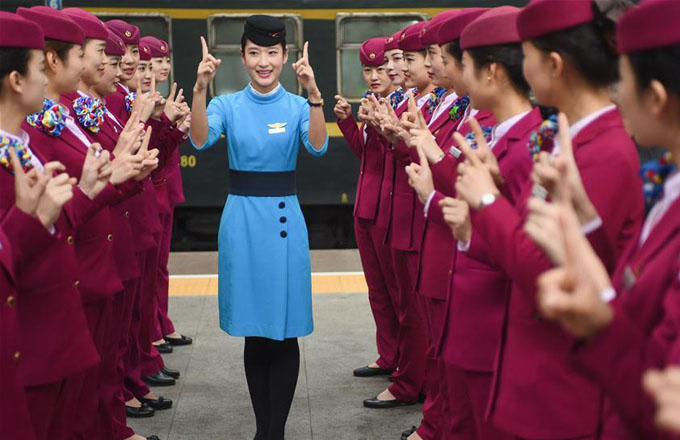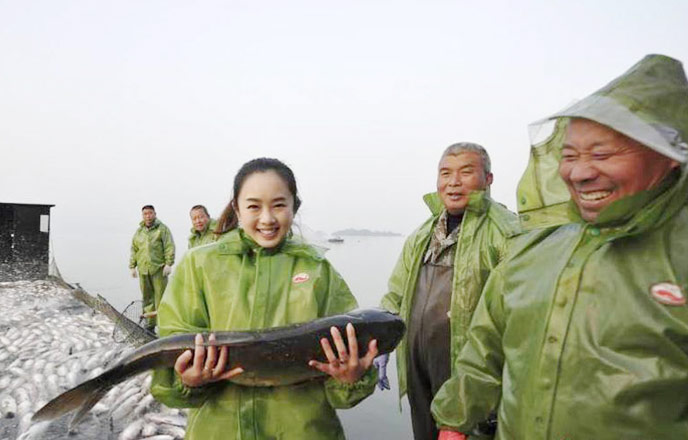Top legislator stresses Macao's prosperity
MACAO - Safeguarding China's national sovereignty while preserving the prosperity of the Macao special administrative region are core considerations in creating central government policies for Macao, China's top legislator said on Thursday.
They are also guiding principles for the central government in handling Macao affairs, Wu Bangguo, chairman of the National People's Congress Standing Committee, said in a keynote speech marking the 20th anniversary of the promulgation of the Macao Basic Law.
Wu arrived in Macao on Wednesday for a three-day visit.
The Macao Basic Law was promulgated on March 31, 1993 and took effect on December 20, 1999, when the region was returned to the motherland. It has acted as the cornerstone of the region's political and legal systems.
The central government has tailored policies regarding Macao based on these principles and the region's conditions, according to Wu.
The focal points of the policies are to resume exercising sovereignty over Macao and maintain its stability and development, while the approach to implementing these policies relies on the principle of "one country, two systems," the top legislator said.
The Basic Law is a codified version of that principle and serves as a legal safeguard for Macao's long-term prosperity, Wu said.
Wu said people should thoroughly understand the systems in place in the region, as well as the relations between the central government and the regional government.
To fully realize Macao's sound governance, its high level of autonomy must be safeguarded and the central government's authority must be supported, Wu said.
Wu said the central government fully recognizes the achievements the Macao government has made in the past 14 years.
"Macao has realized that everyone is equal before the law and the people of Macao fully enjoy the rights and freedoms guaranteed by the Basic Law and other laws," Wu said.
In accordance with the law, Macao has established its own administrative, legislative and judicial organs and elected a chief executive and legislature for three terms, showing the area's high degree of autonomy, Wu added.
Under the principle that diplomatic power falls under the central government, Macao also has the right to handle foreign affairs concerning economics, trade and culture.
Wu also spoke highly of the unprecedented economic growth seen in Macao, noting that its GDP increased from 49 billion pataca (6.13 billion U.S. dollars) to 292.1 billion pataca from 2000 to 2011, while its per capita GDP rose from 14,000 to 66,000 U.S. dollars during the period, ranking second in Asia.
A social welfare system covering all Macao citizens has been built and people's living standards have improved in an all-around way, according to Wu.
After the ceremony, Wu attended the opening of a commemorative gallery for the Macao Basic Law and the release of a new publication concerning Macao's historical changes.
Wu also visited the Rua do Cunha, one of the most popular tourist atractions on Taipa Island, and greeted local residents and tourists.
In the evening, Wu attended a reception marking the 100th anniversary of the Macao Chamber of Commerce.
Related Stories:
Top legislator hails 'one country, two systems'




![Wu Bangguo (Front), chairman of the National People's Congress (NPC) Standing Committee, delivers a keynote speech at a conference marking the 20th anniversary of the promulgation of the Basic Law of the Macao Special Administrative Region in Macao, Feb 21, 2013. [Photo/Xinhua] Top legislator stresses Macao's prosperity](../../images/attachement/jpg/site1/20130221/eca86bd9e3d2129078a301.jpg)













